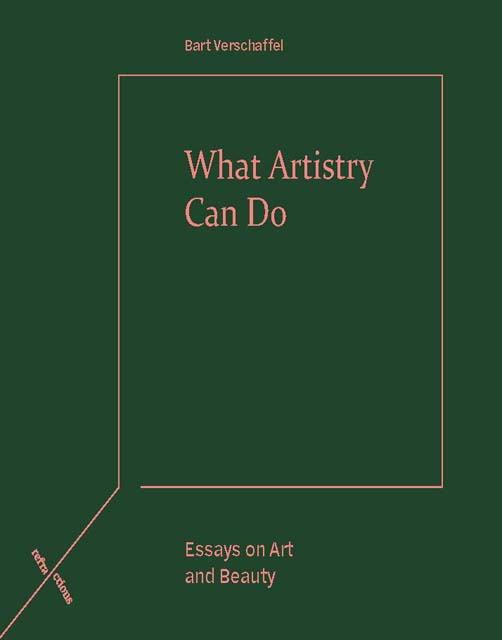Series Editor’s Preface
Published online by Cambridge University Press: 18 November 2022
Summary
Refractions constructs a zone for inquiry that examines, tests and renews modes of address poised at the borders of philosophy and art history. Fostering unexpected synergies, volumes in the series illuminate the rich and complex intellectual lineage of this interface and its ongoing relevance for the contemporary thinking of art and image. In the transhistorical zones where concepts and experience meet, and across borderlines of theory, criticism, historiography and practice, philosophy and art history are brought together in remarkable and creative ways.
Deflections of light or waves across media of different densities, refractions are passages that fracture whilst continuing. The title of the series is intended to evoke not only the moments when disciplines are brought into collision through the complexity and multi-dimensionality of their objects and problems, but also the indisciplined events of thought provoked when a discourse is made to explore the blind spots within its own histories and practices. The series captures the horizon where philosophy and art history meet, juxtaposing emerging, established, alongside overlooked or forgotten writers to offer provisional groupings that mobilise intellectual history.
What Artistry Can Do is a collection of essays on art, criticism and aesthetics by the Belgian philosopher and theorist Bart Verschaffel, and the first synoptic collection of his work in English. Written over a thirty-year period, these writings address topics ranging from laughter to the artwork as gift, refracting different dimensions of ‘that special and remarkable endeavour known as Art’. The collection is compelling not only for its miniaturist inquiries into topics such as the nature of art criticism in today's climate of practice research, and the place of artistic freedom within broader debates of ‘free speech’, but also for the way in which the juxtaposition of these little worlds retains the problematisation of art as dynamic and incomplete, and therefore timeless.
Discursive and often conversational in tone, many of the texts gathered here were written for both academic audiences and the general public. Indeed, Verschaffel situates this project within the contemporary debate on the public value of the humanities, as the incitement to reflect on culture – a debate that, he reminds us, has never been restricted to the academy. It is from this commitment that the transdisciplinary, transhistorical and ultimately transacademic scope of his reflections is propelled.
- Type
- Chapter
- Information
- What Artistry Can DoEssays on Art and Beauty, pp. ix - xiPublisher: Edinburgh University PressPrint publication year: 2022

